Keywords: Isis
There are more than 200 results, only the first 200 are displayed here.
-
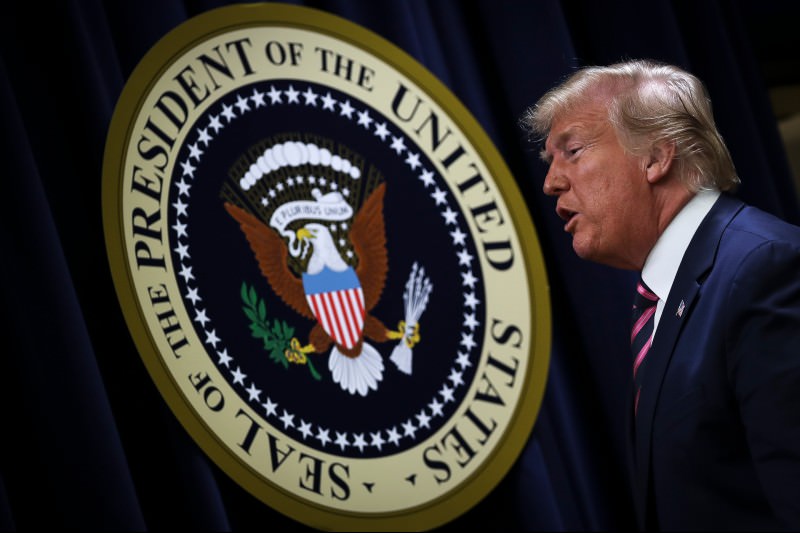
INTERNATIONAL
- Cristy Clark
- 01 October 2020
5 Comments
It’s tempting at this point to blame 2020 for the almost comically bad situation we are facing right. But here’s the thing: this isn’t bad luck or even some kind of testament to the power of numerology. This dire situation was entirely predictable and even, sadly, entirely preventable. We walked right into it — or, at least, we allowed ourselves to be led here.
READ MORE 
-
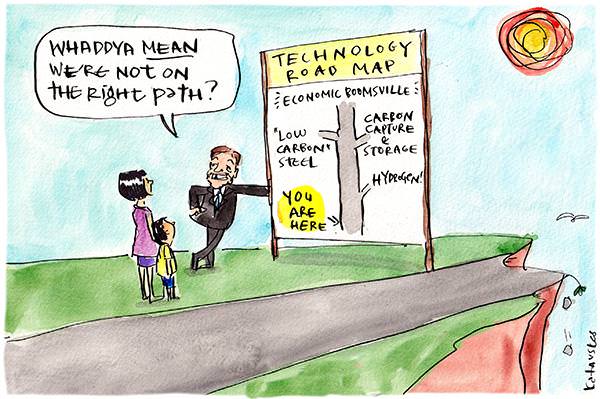
CARTOON
- Fiona Katauskas
- 22 September 2020
READ MORE 
-

ENVIRONMENT
- Various
- 18 September 2020
3 Comments
The pandemic has afforded us a preview of how a crisis plays out when the science is not properly heeded. The overwhelming majority of climate scientists have long been sounding the alarm that the health and safety of large parts of the population are at serious risk, both here and around the world. We are already seeing the damage to health and to the environment that they predicted.
READ MORE 
-
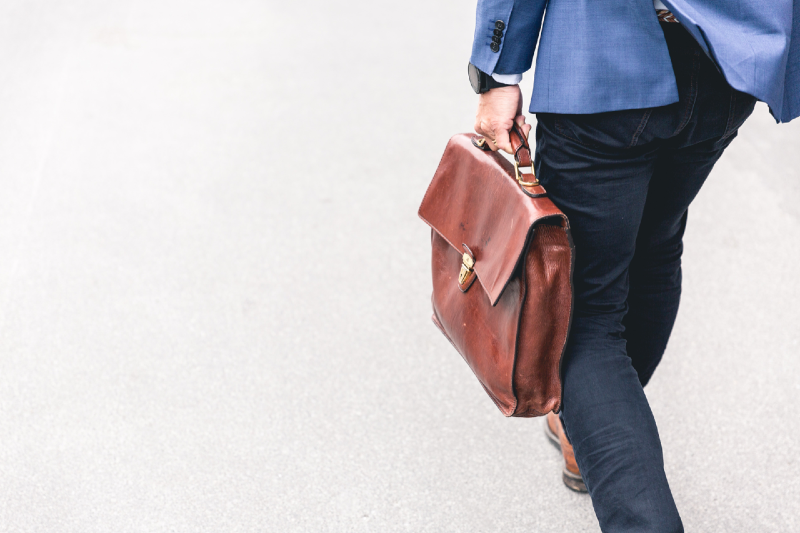
ECONOMICS
- Andrew Hamilton
- 13 August 2020
6 Comments
Amid the disruption of predictable life wrought by the coronavirus, governments have focused on jobs. Jobs lost in the response to the virus, and jobs created as we emerge from the crisis. The focus is worthy — behind each job lost is a person whose life has become anxious and uncertain. The language, however, is concerning. Defining the challenge as one of creating jobs expresses an understanding of work, the inadequacy of which the coronavirus has laid bare.
READ MORE 
-
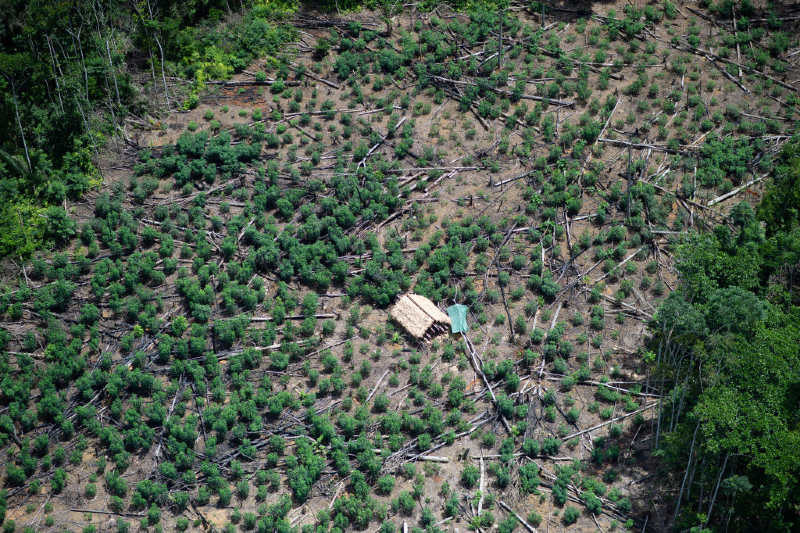
ENVIRONMENT
- Bree Alexander
- 06 August 2020
1 Comment
While the world is largely focused on COVID-19, a recent report from Global Witness revealed that murders of land and environmental defenders, defined as people who take a stand for land and environment in a peaceful manner, reached a high in 2019.
READ MORE 
-
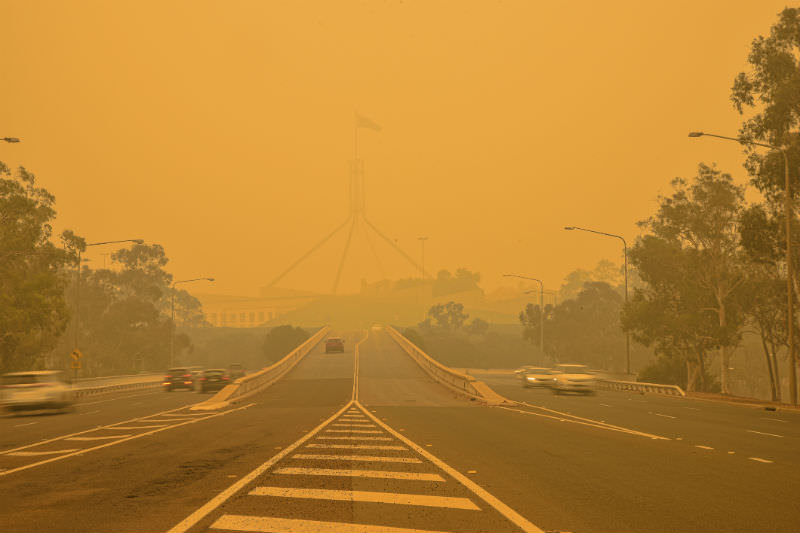
ENVIRONMENT
- Binoy Kampmark
- 30 July 2020
2 Comments
On July 22, Katta O'Donnell filed an action in the Federal Court in Victoria hoping to make good her promise to put the government on trial for ‘misconduct’. The action notes that, ‘At all material times there has existed a significant likelihood that the climate is changing, and will continue to change, as the result of anthropogenic influences.’ Australia was ‘materially exposed and susceptible’ to the risks posed by climate change.
READ MORE 
-
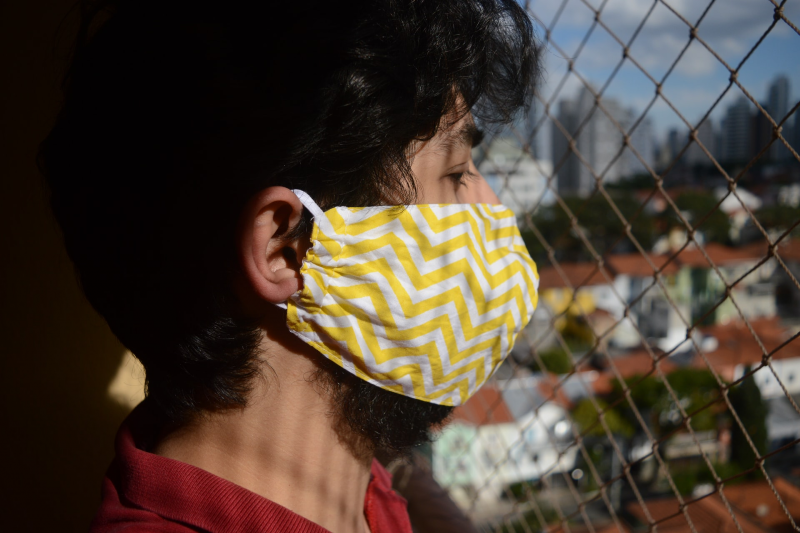
ARTS AND CULTURE
- Gillian Bouras
- 28 July 2020
21 Comments
During times of crisis concepts such as power and liberty are often brought into the light and re-examined, and it is a sad fact that during those same times, people in power often try to chip away at liberty, at democracy’s most basic freedoms: several current world leaders immediately spring to mind.
READ MORE 
-

AUSTRALIA
- Cristy Clark
- 02 July 2020
5 Comments
The significance of having a sanctuary has been heightened during the last months of living with the threat of COVID-19, which starkly highlights the experience of those Australians who do not have a sanctuary, who do not have a home to shelter in.
READ MORE 
-
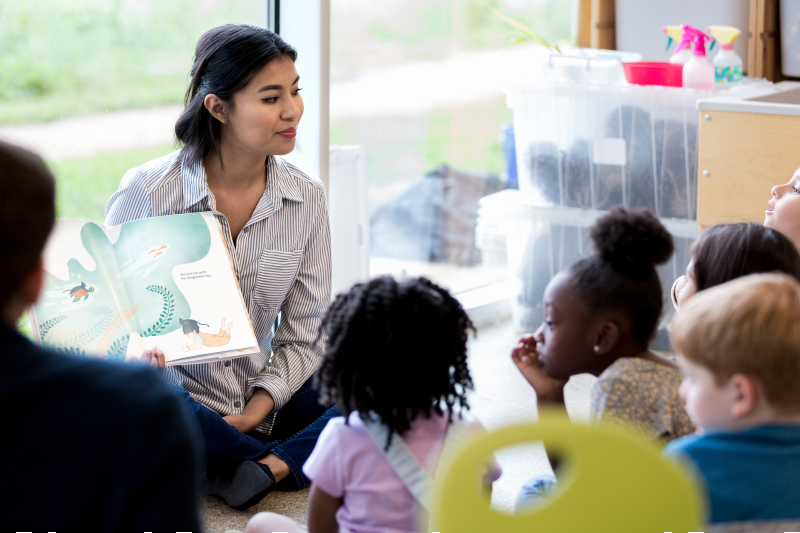
ECONOMICS
- Nicola Heath
- 30 June 2020
2 Comments
It turns out that the COVID-19 economic crisis is disproportionately affecting women — so much so that some have dubbed it a ‘pink-collar recession’. Unemployment figures show that since February, 457,517 women have lost their jobs compared to 380,737 men.
READ MORE 
-
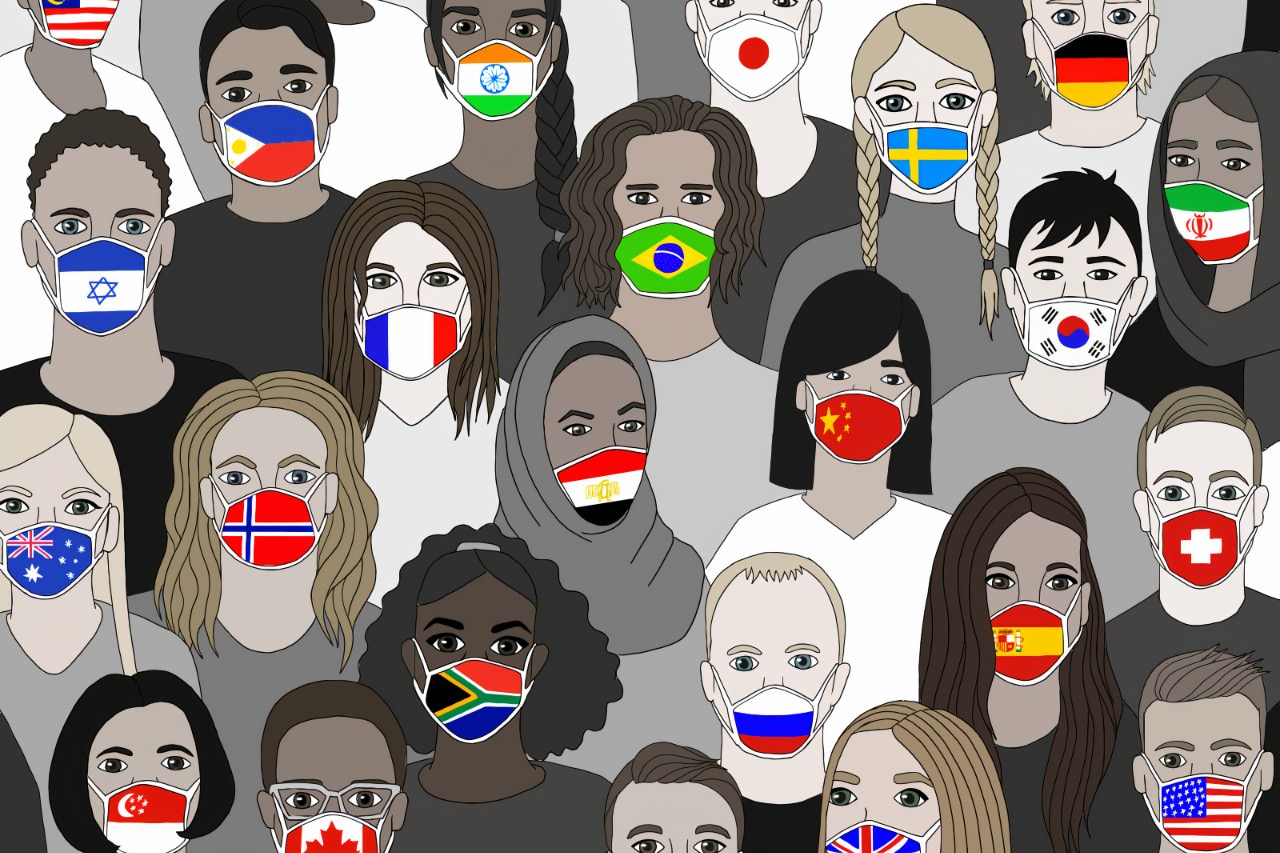
ECONOMICS
A commonly heard phrase, or rather media cliché, is that after the COVID-19 crisis ‘things will never be the same.’ It is an understandable sentiment, given the seemingly unprecedented nature of recent events. But how novel is what happened, and how much will actually change?
READ MORE 
-
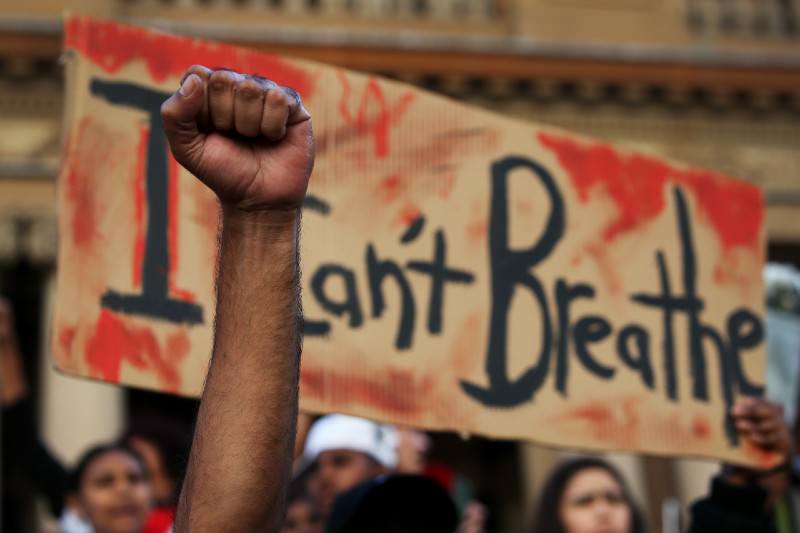
AUSTRALIA
- Kate Galloway
- 11 June 2020
57 Comments
If our governments fail to roll out frameworks of good governance when times are good, they cannot expect to have the trust of the people during a crisis. So long as Australia fails to enter into proper legal relations with Aboriginal and Torres Strait Islander peoples, we will see protests, and ‘agitators’ will continue to call for justice.
READ MORE 
-
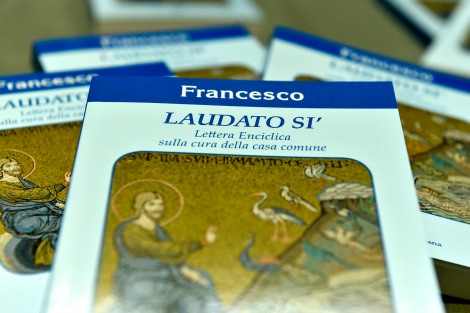
FAITH DOING JUSTICE
- Joshua Lourensz
- 22 May 2020
6 Comments
In thinking through how social services can contribute to what society or the economy needs in light of the ramifications of COVID-19, Catholicism and communism are not two traditions that probably come to the mind for most. But for the kind of thinking that governance and leaders require to make good decisions in and beyond a time of crisis, there are people and concepts from each tradition that we can learn from.
READ MORE 